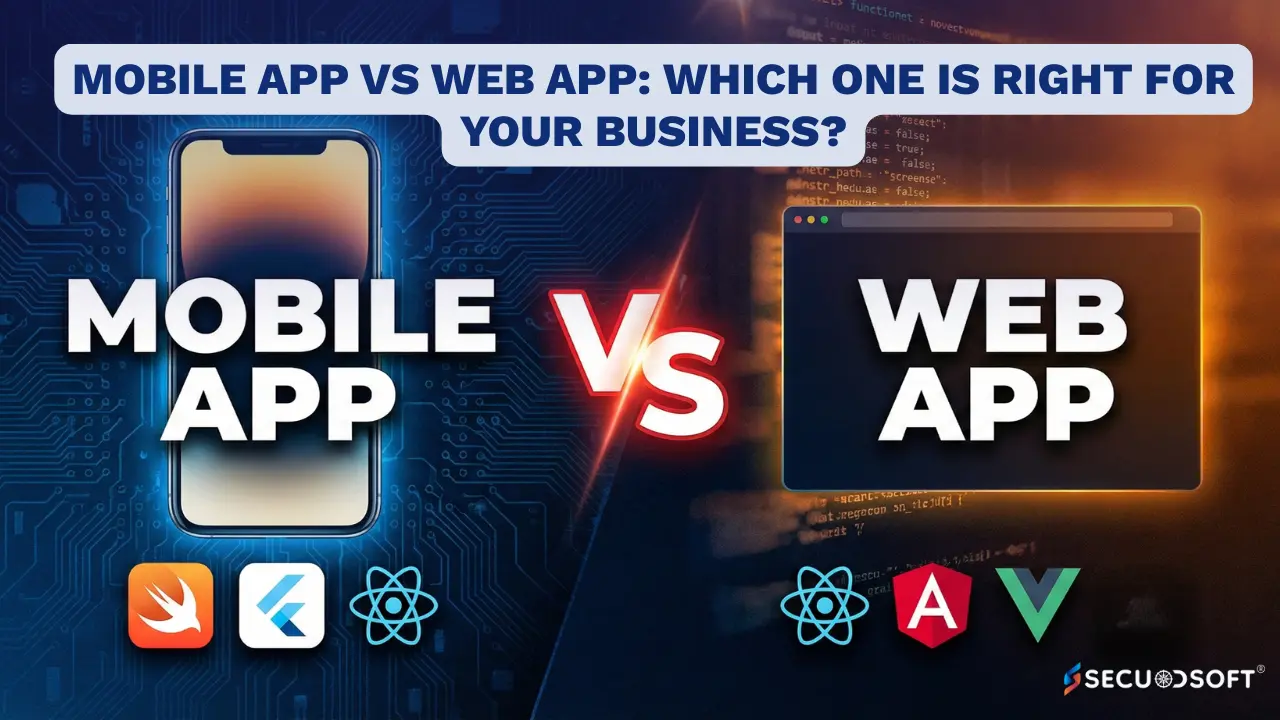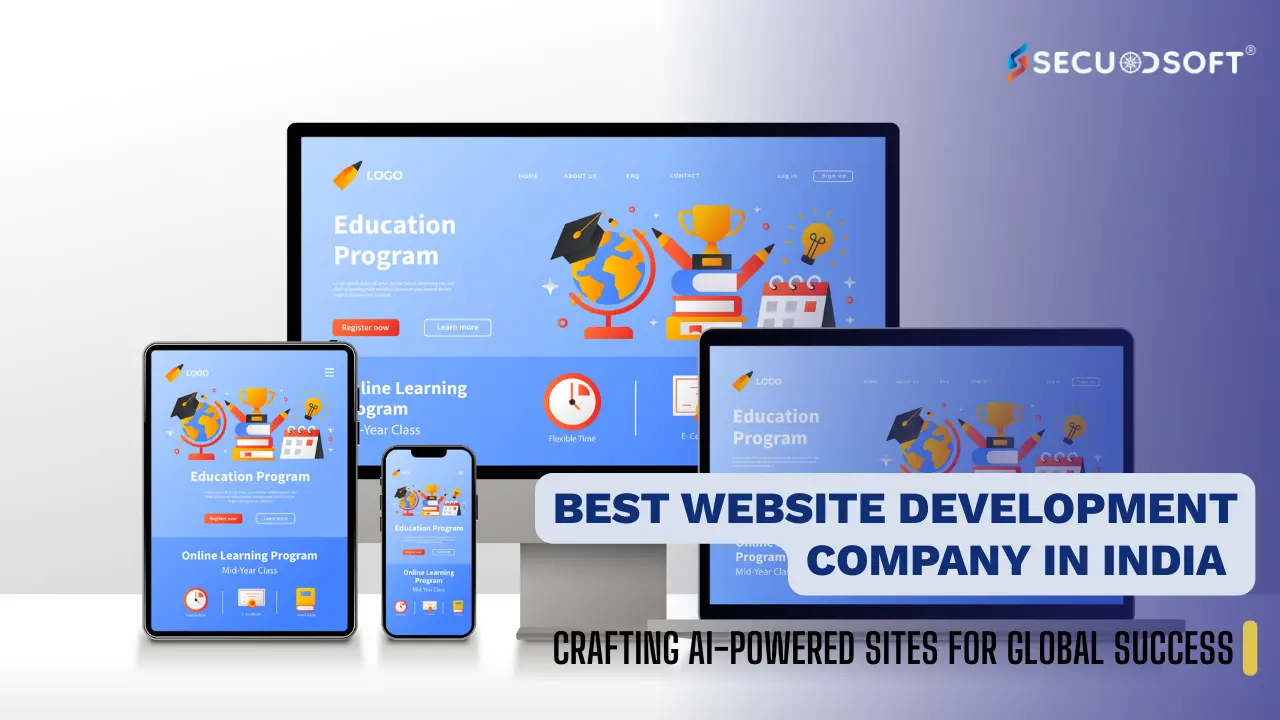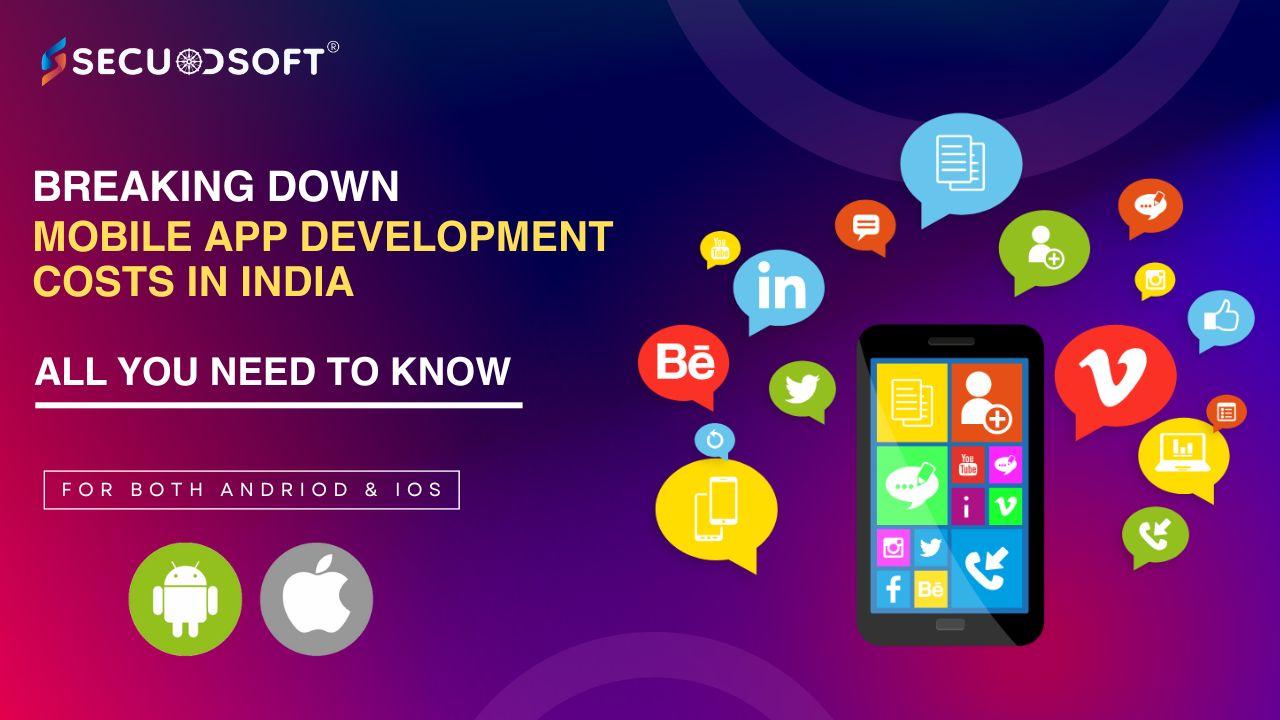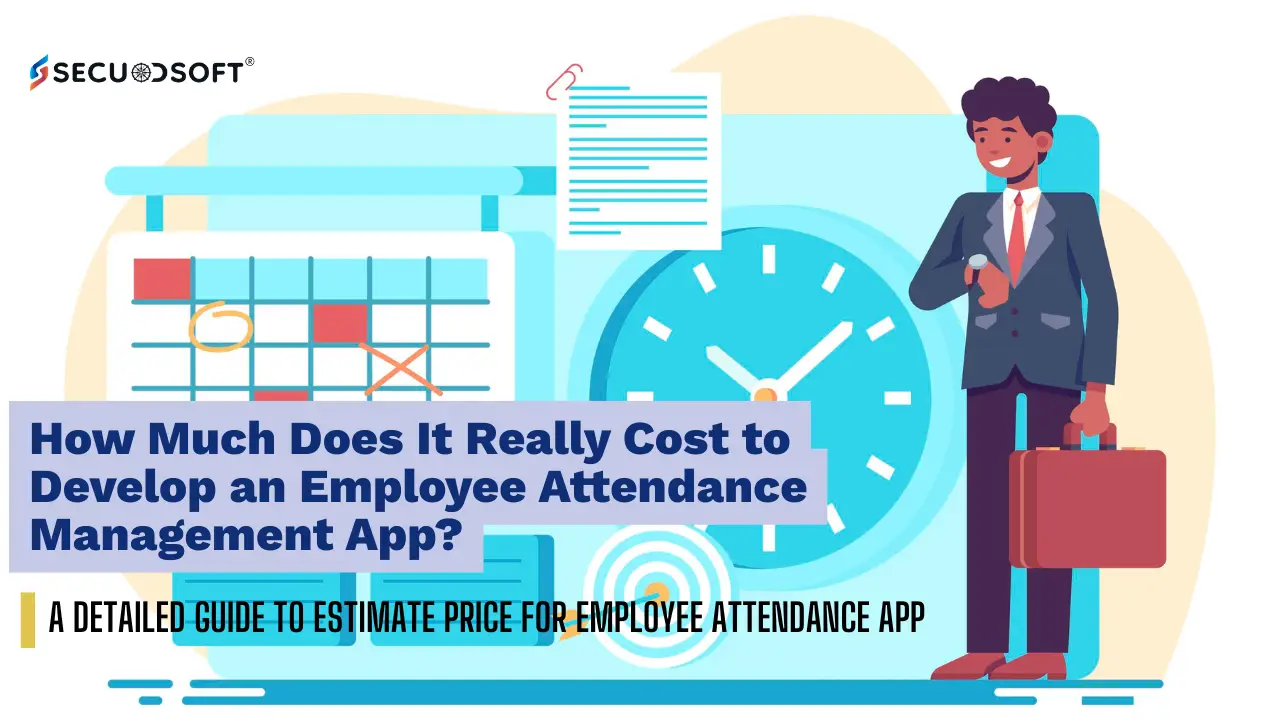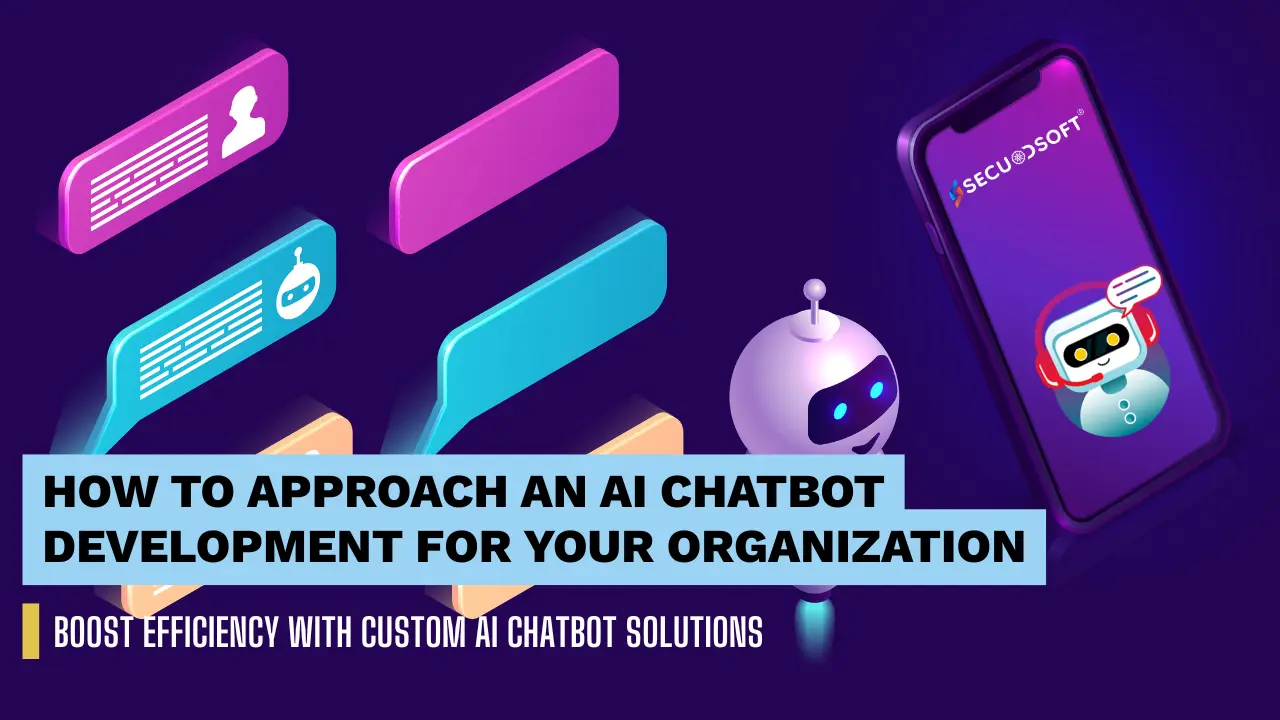
Mobile App Development
Editorial Team
12 May 2025
Introduction
In today’s digital-first world, mobile applications have become indispensable tools for businesses looking to engage customers, streamline operations, and stay competitive. With more than 7 billion mobile users globally, the demand for intuitive, high-performing mobile apps continues to soar. Whether you're a startup or an enterprise, understanding the fundamentals, trends, and best practices of mobile app development is crucial to delivering apps that users love.
This comprehensive guide walks you through everything you need to know about mobile app development in 2025—from types and processes to emerging trends and common pitfalls.
What is Mobile App Development?
Mobile app development is the process of creating software applications that run on mobile devices such as smartphones, tablets, and wearables. Unlike mobile app development, mobile apps are designed to leverage the unique features of mobile hardware and operating systems like iOS and Android.
The development process involves not only coding but also user experience (UX) design, backend development, security, testing, and deployment. Mobile apps can be built natively for specific platforms or cross-platform to work across multiple devices.
Types of Mobile Apps
Mobile apps are typically categorized into three main types:
- Native Apps: Built specifically for a single platform (iOS or Android) using platform-specific languages (Swift for iOS, Kotlin/Java for Android). These apps offer high performance and deep integration with device features.
- Hybrid Apps: Developed using web technologies (HTML, CSS, JavaScript) and wrapped in a native container. Tools like Ionic or Cordova allow these apps to run across platforms but may have performance limitations.
- Progressive Web Apps (PWAs): Web applications that function like native apps through modern web capabilities, offering offline access, push notifications, and installation on the home screen without app store downloads.
Each type has its pros and cons in terms of cost, development time, performance, and maintenance.
Why Build a Mobile App?
Building a mobile app offers numerous benefits for businesses:
- Enhanced Customer Engagement: Mobile apps offer direct, personalized interaction channels through push notifications, in-app messaging, and loyalty programs.
- Competitive Advantage: A mobile app can differentiate your brand, offering features your competitors lack.
- Revenue Opportunities: Apps open monetization channels through in-app purchases, subscriptions, ads, or ecommerce integrations.
- Improved Accessibility: Being on customers’ phones increases your brand visibility and makes it easier for them to interact with your products or services anytime.
- Operational Efficiency: Apps can streamline internal processes, from inventory management to team collaboration.
Mobile App Development Process
A successful mobile app follows a well-defined development lifecycle:
- Idea & Strategy: Identify the problem your app will solve, define target users, research competitors, and set goals.
- Planning & Design: Create wireframes, user flows, and prototypes. Prioritize user experience (UX) and intuitive interfaces.
- App Development: Build the front-end (UI/UX) and back-end (databases, APIs). Choose between native, hybrid, or cross-platform approaches.
- Testing & Quality Assurance: Perform functional, performance, security, and usability testing across devices and OS versions.
- Deployment: Publish your app to the Apple App Store and Google Play Store, ensuring compliance with their guidelines.
- Maintenance & Updates: Continuously monitor app performance, fix bugs, release updates, and add features based on user feedback.
Mobile App Development Tools & Frameworks
The choice of tools and frameworks impacts development speed, scalability, and performance. Popular technologies in 2025 include:
- Native Development: Xcode (iOS), Android Studio (Android)
- Cross-Platform Frameworks: Flutter, React Native, Xamarin
- Backend Tools: Firebase, AWS Amplify, Node.js
- Design & Prototyping: Figma, Sketch, Adobe XD
- Testing Tools: Appium, Espresso, XCTest
Selecting the right stack depends on your budget, timeline, and app complexity.
Common Pitfalls in Mobile App Development
Many mobile apps fail due to avoidable mistakes. Watch out for these common pitfalls:
- Ignoring User Feedback: Not incorporating user feedback early can lead to poor adoption.
- Overloading Features: Trying to do everything at once can result in bloated, confusing apps. Focus on core functionality first.
- Neglecting Security: Weak encryption, insecure APIs, and poor data storage practices expose apps to breaches.
- Poor Performance Optimization: Slow loading times, crashes, or excessive battery use will frustrate users and lead to app deletions.
- Lack of Marketing Strategy: Building a great app isn’t enough—you need a solid launch and user acquisition plan.

Choosing the Best Mobile App Development Company in 2025
Choosing the right mobile app development company in 2025 is critical to turning your app idea into a successful digital product. Look for a company that combines technical expertise with a deep understanding of user experience and business strategy.
A top mobile app development company should offer end-to-end services—from ideation and design to development, testing, deployment, and ongoing maintenance.
Check their portfolio and client reviews to evaluate their experience across different industries and app types. Proven expertise in your niche ensures they can handle unique challenges.
Consider their approach to emerging technologies like AI, AR/VR, blockchain, and 5G, which are shaping the future of mobile applications.
Communication, transparency, and a collaborative mindset are key factors in choosing a mobile app development partner who can align with your goals and adapt to your evolving needs.
Don’t just focus on cost—prioritize quality, scalability, and post-launch support to ensure your app remains competitive and reliable long after release.
Emerging Trends in Mobile App Development (2025)
Staying ahead means embracing the latest innovations. Key trends shaping mobile app development in 2025 include:
- AI-Powered Apps: Integration of AI for personalization, chatbots, and predictive analytics.
- 5G-Enabled Experiences: Faster speeds enabling richer AR/VR, real-time streaming, and cloud gaming.
- Super Apps: All-in-one platforms offering multiple services (e.g., payments, messaging, ecommerce) within a single app.
- Voice-Enabled Interfaces: Growing use of voice commands and assistants integrated into mobile experiences.
- Blockchain Integration: For enhanced data security, decentralized apps, and transparent transactions.
Use State-of-the-Art Mobile Application Development to Grow Your Company
In today’s fast-paced digital landscape, a high-performing mobile app is more than a convenience—it’s a powerful driver of business growth. By leveraging state-of-the-art mobile application development, your company can deliver seamless user experiences, reach customers anytime, and streamline operations like never before. From AI-powered personalization to real-time data integration and next-gen features like AR and IoT, Secuodsoft’s expert development team equips your business with cutting-edge mobile solutions that enhance engagement, boost loyalty, and accelerate revenue. Ready to transform your vision into a competitive advantage?
Conclusion
Mobile app development in 2025 is more dynamic and competitive than ever. Businesses must focus on user-centric design, continuous improvement, and leveraging emerging technologies to deliver value and stand out in the crowded app marketplace.
Whether you're building an app to connect with customers, streamline operations, or launch a new product, following best practices and staying informed on trends is the key to success.
Are you ready to transform your app idea into reality? Contact us today to discuss how Secuodsoft Company can bring your vision to life with innovative, scalable mobile solutions.
Frequently Asked Questions
The cost of mobile app development depends on factors like app complexity, features, platforms (iOS, Android, or both), and development time. On average, it can range from $10,000 for a simple app to $100,000+ for a complex, enterprise-level solution.
The development timeline typically ranges from 3 to 9 months, depending on the app’s scope, number of features, design complexity, and testing requirements.
It depends on your goals. Native apps offer better performance and integration but are more costly if building for both iOS and Android separately. Cross-platform frameworks (like Flutter or React Native) allow faster development across platforms with shared code but may have some limitations.
A mobile app is installed directly on a device and can access device hardware like cameras, GPS, and notifications. A web app runs through a mobile browser and doesn’t require installation but has limited offline capabilities.
Yes! Post-launch maintenance is crucial for fixing bugs, updating features, improving performance, and ensuring compatibility with new OS updates. We offer ongoing support plans tailored to your needs.
Popular app monetization strategies include in-app purchases, subscriptions, ads, freemium models, and sponsorships. We help you choose and integrate the right monetization model based on your business goals.
We follow industry best practices for secure coding, data encryption, authentication, and compliance with data privacy regulations like GDPR and CCPA to protect user data and prevent breaches.
Absolutely! We handle the submission process, ensure compliance with app store guidelines, and assist with approvals to get your app live smoothly.
We conduct thorough testing across devices, OS versions, and screen sizes—including functional, usability, performance, and security testing—to deliver a high-quality, bug-free app.
Yes, we specialize in API integrations to connect your app with CRMs, payment gateways, analytics tools, and other enterprise systems.










